From Restaurants to Real Estate: The Unlikely Story of Sal Lupoli’s Riverwalk
Putting his New England-based pizza franchise at stake, the entrepreneur invested $250 million to transform an old mill complex into a mixed-use development.
By Alexandra Pacurar
Salvatore Lupoli likes to describe himself as a social impact entrepreneur, and if the projects he has developed are any indication, this is certainly true. Lupoli, owner of Sal’s Pizza—a popular chain of Italian restaurants in New England—became interested in real estate in 1990 when, soon after he started the business with his brother, the landlord increased the rent for the space where they had opened the restaurant.
More than a decade later, the Boston native discovered a 46-acre underutilized mill complex in Lawrence, Mass. Lupoli saw the potential of those abandoned buildings and after overcoming several challenges, including that of financing rehabilitation and construction work, he managed to put together a large mixed-use development that is currently home to more than 200 companies, totaling over 5,000 jobs, and 250 residents. Architects DB2 and Cube3 Studio brought the vision to life by mixing modern elements with the mill’s historic character.
The entrepreneur revealed the story behind the 3.6 million-square-foot Riverwalk and how the venture connects to the community in an interview with Commercial Property Executive.
How did the idea of Riverwalk come about? What role did the site’s history play in the Riverwalk project?
Lupoli: In 1990, my brother and I started a pizza business called Sal’s Pizza. Shortly after opening our doors, the landlord increased our rent, which inspired me to look at real estate as a long-term investment. While looking in the Merrimack Valley, we found Riverwalk in 2003. At the time, Riverwalk was a massive, 46-acre underutilized mill complex in Lawrence, the poorest city in Massachusetts, where uniforms for American troops were once produced. Lawrence is a strong city with a proud history but these buildings, because of their size and condition, were a blight on the community. When I first looked at the giant mills, I didn’t see abandoned buildings, I saw jobs and I saw the potential of Lawrence.
Today, Riverwalk is our flagship property. It is currently home to more than 200 local and national companies, more than 5,000 jobs and 250+ residents. Within Riverwalk, there is a wide range of industries available for the community across educational services, government agencies and financial and medical services. A few of our notable tenants in these areas include the MENTOR Network, NxStage Medical Inc., Melmark New England and Station1, a new non-profit higher-education pilot program taught by MIT professors focusing on educating students in the fields of STEM.
What can you tell us about the design of this mixed-use development?
Lupoli: Working with the architectural teams at DB2 and Cube3, we repurposed the old mill buildings at Riverwalk into 3.6 million square feet of mixed-use space. This development is unique because we weaved modern-day technology in with preserved historic elements from the original structures.
The flexible layouts at Riverwalk offer opportunities for large-scale contiguous use of space from 1,000 square feet up to 120,000 square feet that suit a variety of business needs. We are in a unique position to design and tailor workplace solutions that fit distinct businesses. We really pride ourselves on offering a unique tenant/landlord relationship because we treat each tenant as a guest and individual accommodations are made to create a successful “stay” with us.
Could you outline the design features for the residential component? What makes Riverwalk apartments stand out?
Lupoli: Riverwalk Lofts and our newest apartments Riverwalk West feature 254 luxurious market-rate apartments that incorporate modern design mixed with historic, original charm. Each apartment includes unique industrial and architectural features such as exposed brick, 16-foot timber ceilings and expansive 12-foot windows offering natural light and gorgeous views of the Merrimack River and Andover Hills.
In my opinion, Riverwalk Lofts and West stand out not only because of their impeccable design, but for the countless amenity spaces, including a rooftop with views of the Merrimack River, a brand new state-of-the-art community room and proximity to transit—the Lawrence MBTA Commuter Rail station is right across the street.
What role do technology and sustainability play at Riverwalk?
Lupoli: Given the magnitude of Riverwalk, it is important to Lupoli Cos. that we set a standard in sustainable development. Focusing on renewable energy resources like solar and geothermal, Riverwalk takes advantage of energy efficiency and continues to invest in state-of-the-art technology. In fact, Riverwalk has the most extensive residential geothermal system in the Commonwealth of Massachusetts.
Additionally, in 2016, we installed a comprehensive solar panel system on four buildings at Riverwalk—the largest solar panel program currently in Lawrence. By harnessing an available clean energy resource, we are tying back to the property’s original energy renewal practice during the industrial era as a bustling and productive mill that utilized resources provided by the Merrimack River.
How did Riverwalk change the community? How has it impacted Lawrence?
Lupoli: Riverwalk has re-injected life into these mill buildings and created a vibrant community within the city of Lawrence. As the largest taxpayer in the city, we have built an environment that employs thousands and drives economic growth in the most notorious gateway city in Massachusetts.
Riverwalk continues to expand, which has had a direct impact on the local and regional economy in a number of ways. Lawrence residents now have access to a wide range of doctors, dentistry, rehabilitation facilities, pharmacies, elder services and urgent care right in their own community. They also have new places to gather and to maintain healthy lifestyles at a state-of-the-art fitness facility. Through ongoing partnerships with local organizations, including Groundwork Lawrence, Lazarus House Ministries, Lawrence Partnership, Lawrence General Hospital, Merrimack Valley YMCA, Boys and Girls Club, Lawrence Community Works and many more, Lupoli Cos. provides influence and resources that stretch into the surrounding area, serving and supporting this gateway city.
How did you create the sense of community within such a large development and how do you plan to strengthen it going forward?
Lupoli: By creating a thriving environment where people can conveniently go to work every day, exercise, dine out and go home—Riverwalk is the epitome of a live-work-play development that has created an essential neighborhood in the heart of Lawrence. Our efforts in making Riverwalk a true mixed-use community have had a positive and lasting impact on the livelihood of the city of Lawrence. As we continue to lease commercial space and bring more market-rate apartments to the city, we are actively looking for innovative talent and forward-thinking individuals who will strengthen our community.
What were the main challenges you encountered while developing Riverwalk, and how did you overcome them?
Lupoli: Early on I faced financing challenges as any new developer would, but I was also up against the stigma of Riverwalk’s location. Banks wouldn’t lend to me because I was an unknown and they didn’t want to take the gamble on neglected mill buildings in Lawrence. But I believed in the project, so I mortgaged my family’s homes and all of my Sal’s Pizza locations—and that was a great motivation for me. Another early challenge was convincing new tenants that they could start and grow their businesses in this city and specifically in this location. But with hard work and determination, I leased two thirds of the 220,000 square feet in the first mill building in just 6 months.
If you were to start again with Riverwalk, is there anything you would do differently?
Lupoli: I am very proud of all we have accomplished at Riverwalk in the past 15 years and am excited to see this community continue to grow. The approach we have taken here has set a great example that will inform how we develop and expand our mixed-use communities in other Massachusetts gateway cities, including Thorndike Exchange in Lowell and The Heights in Haverhill.
Images courtesy of Lupoli Cos.

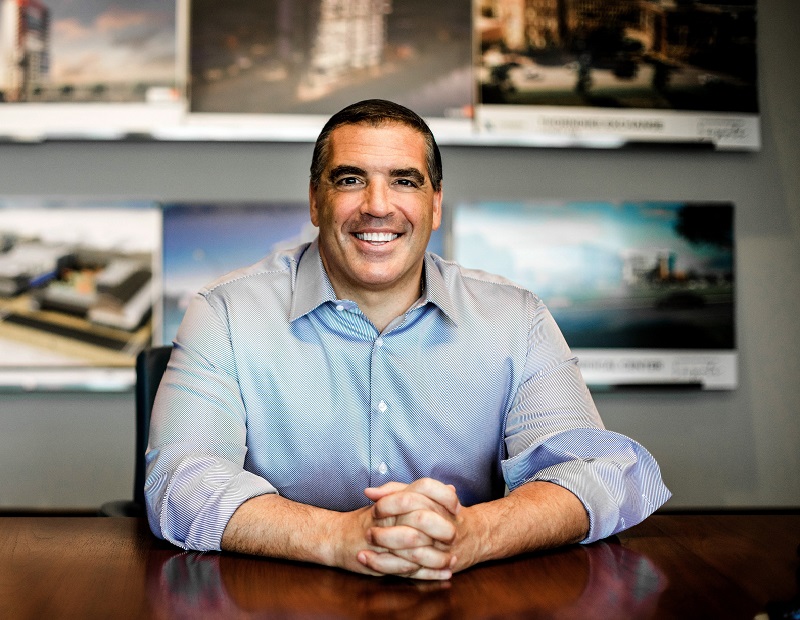
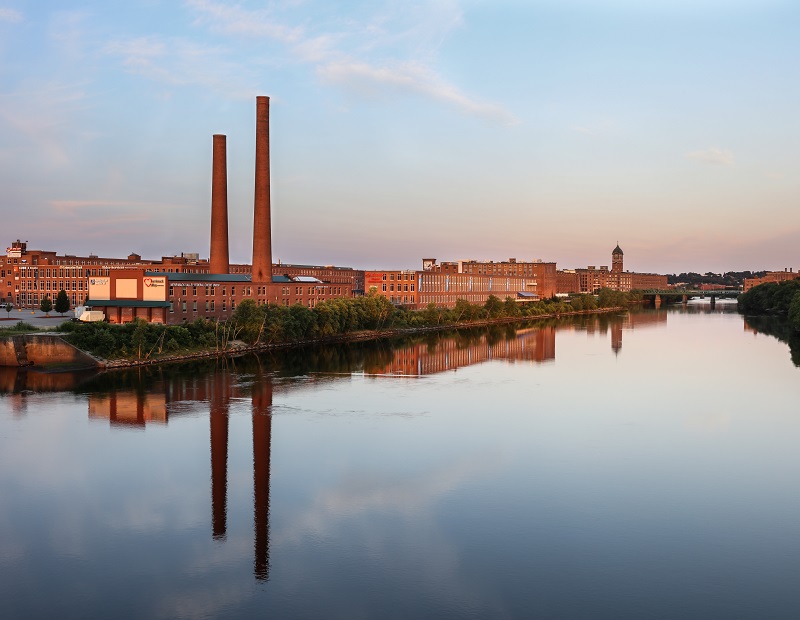
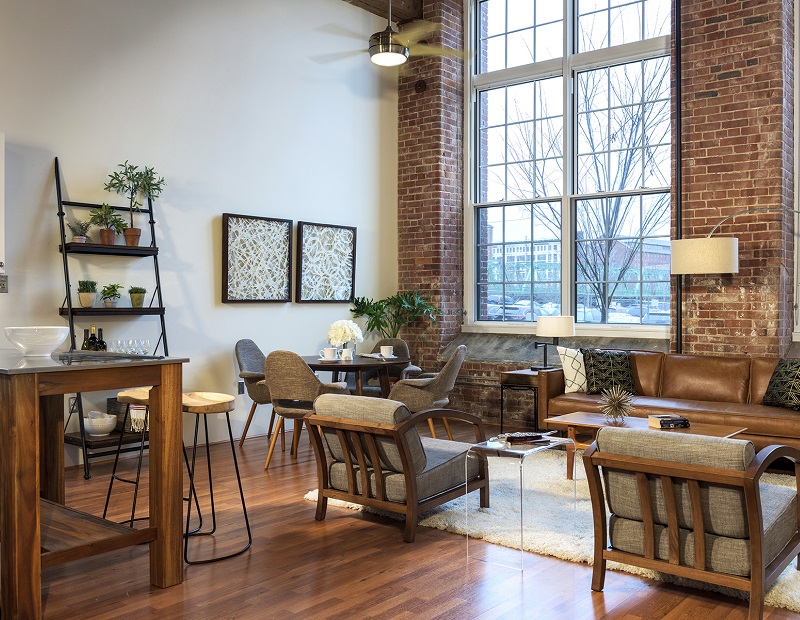
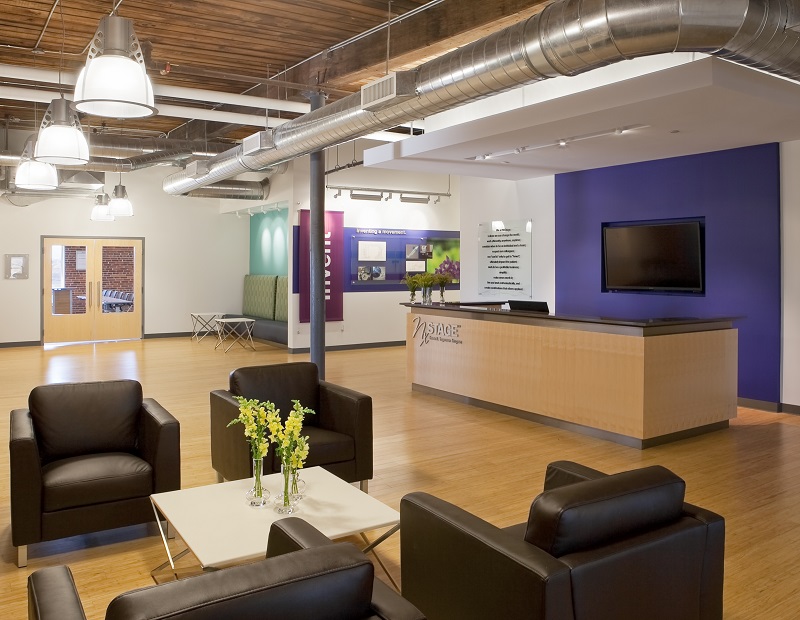
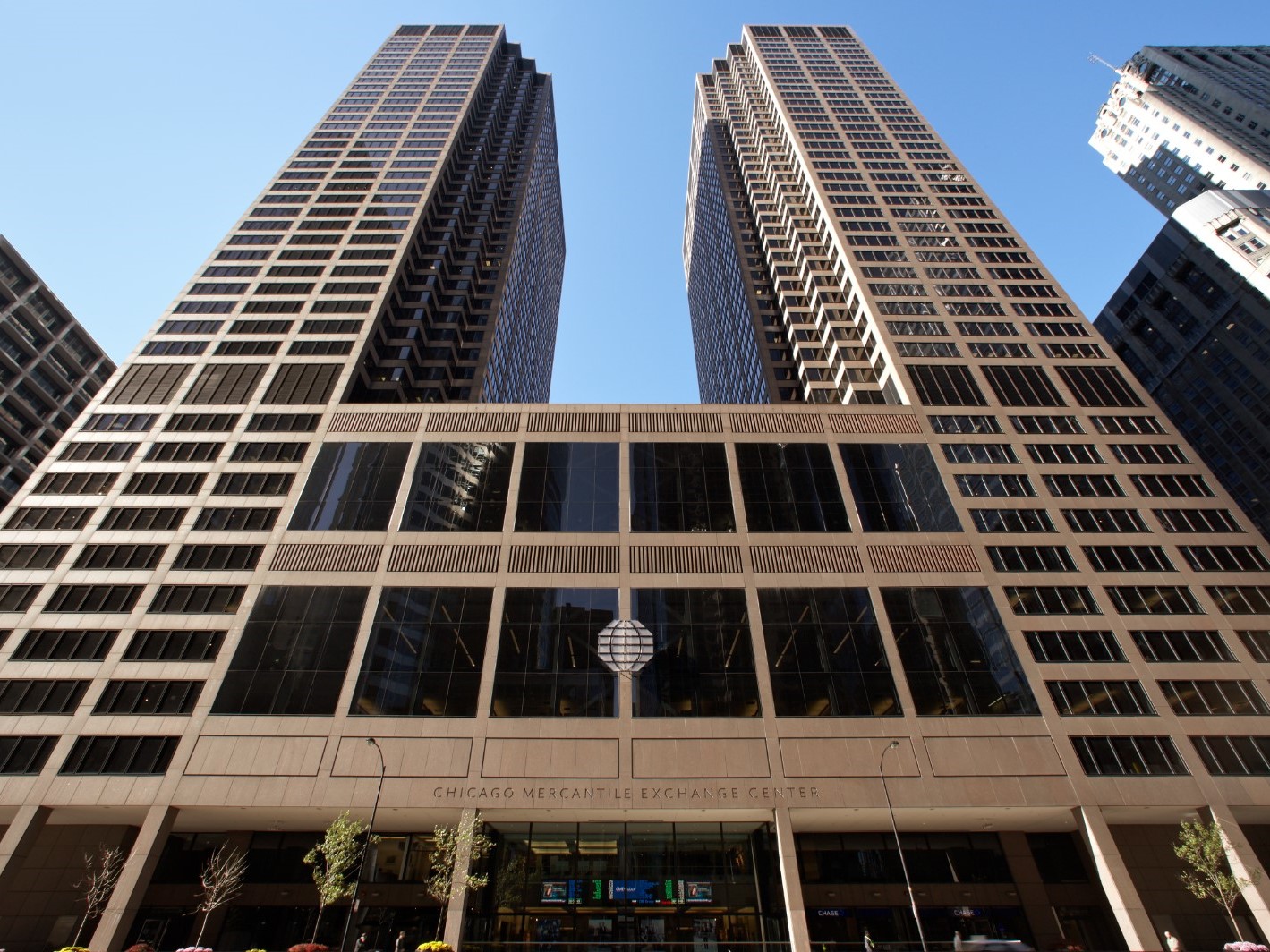
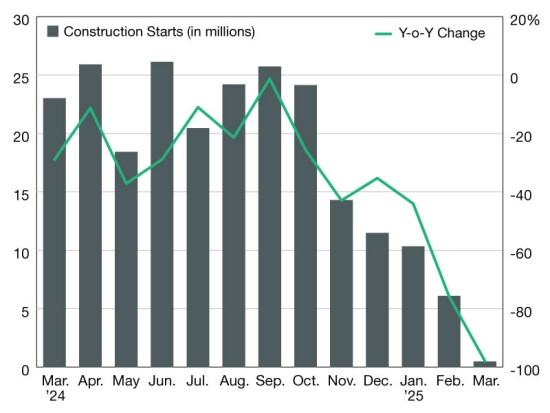
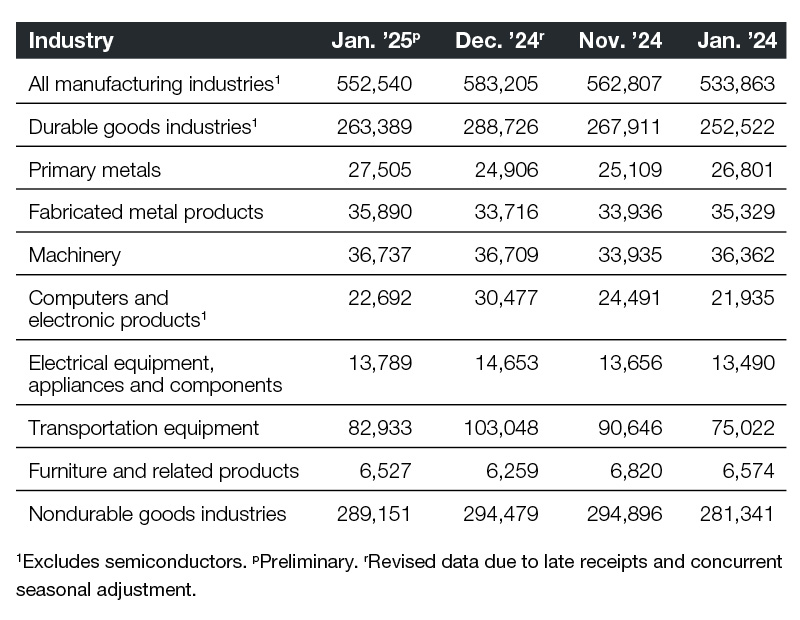
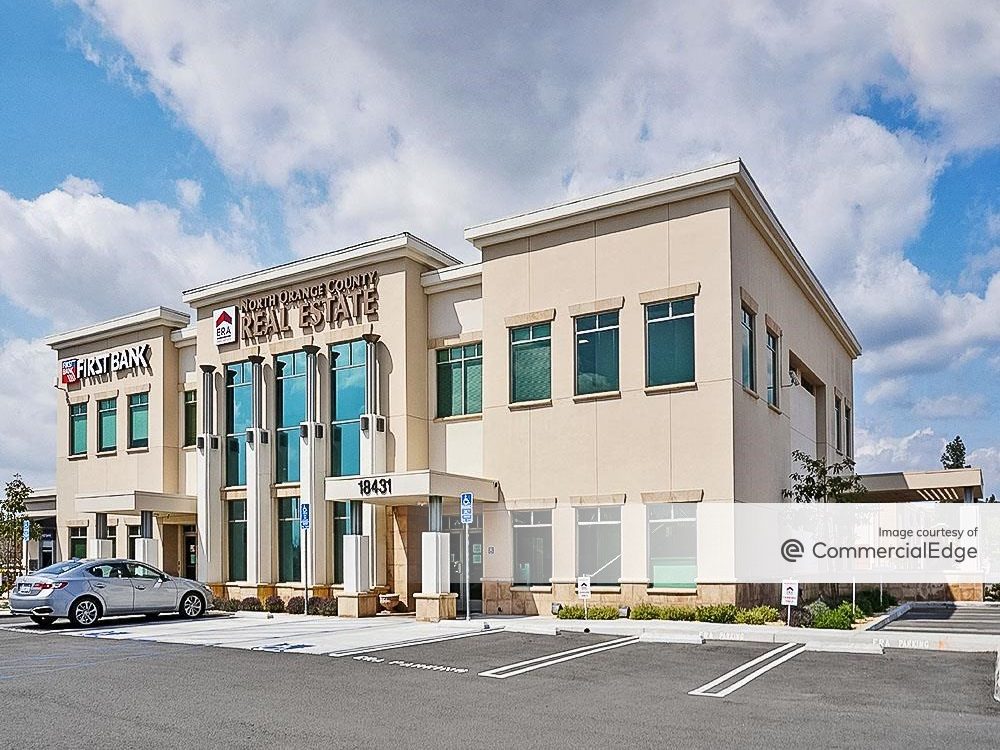

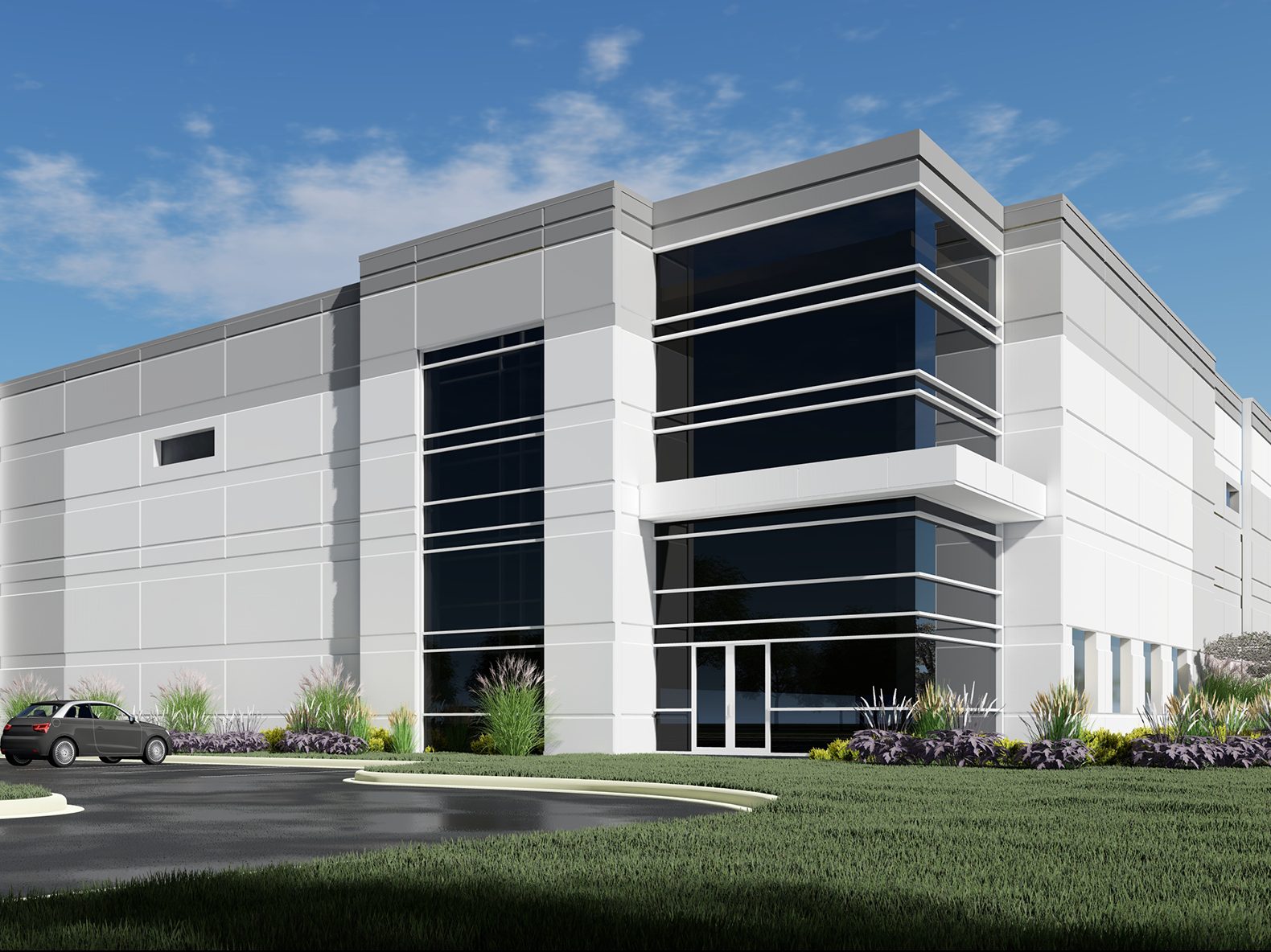
You must be logged in to post a comment.